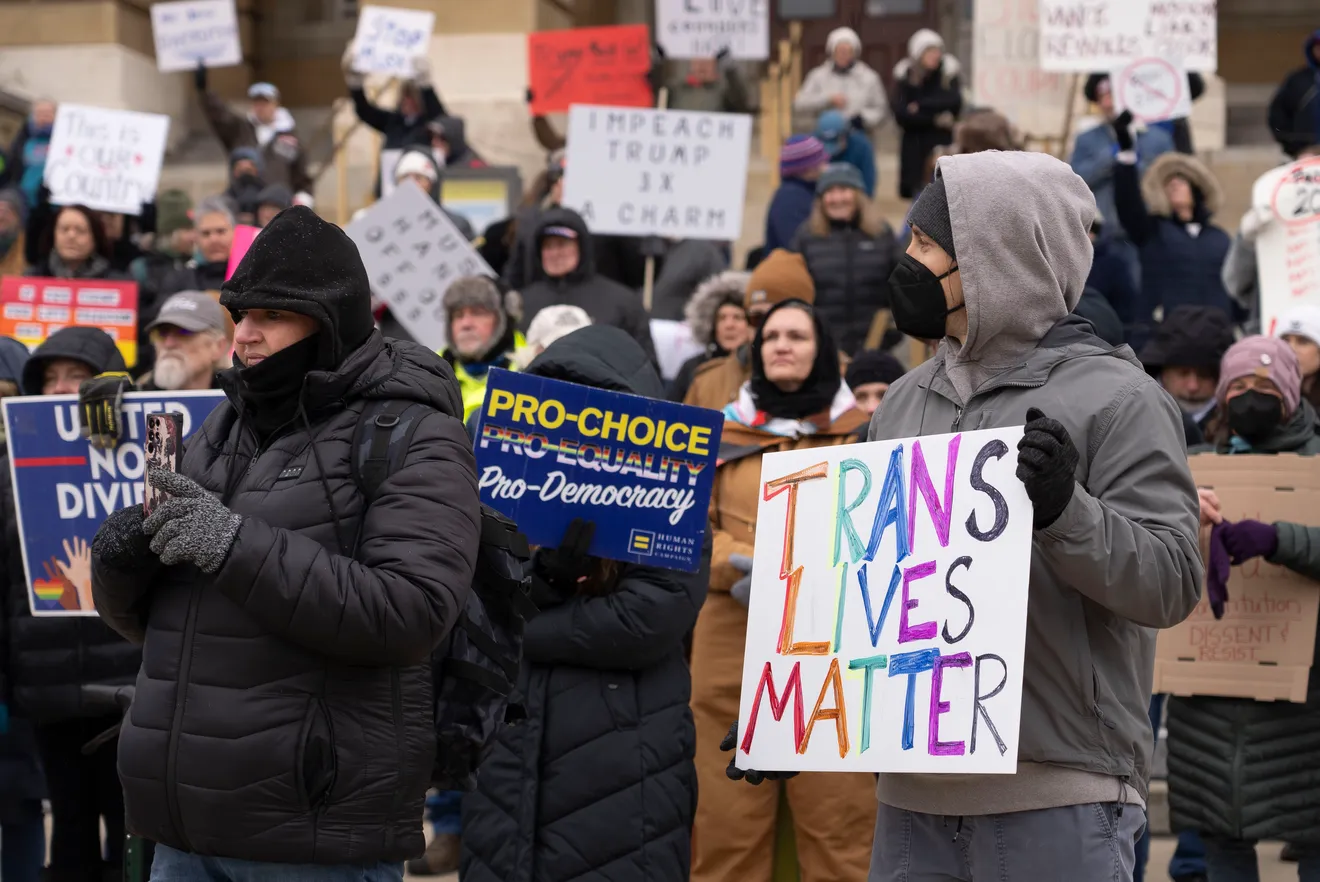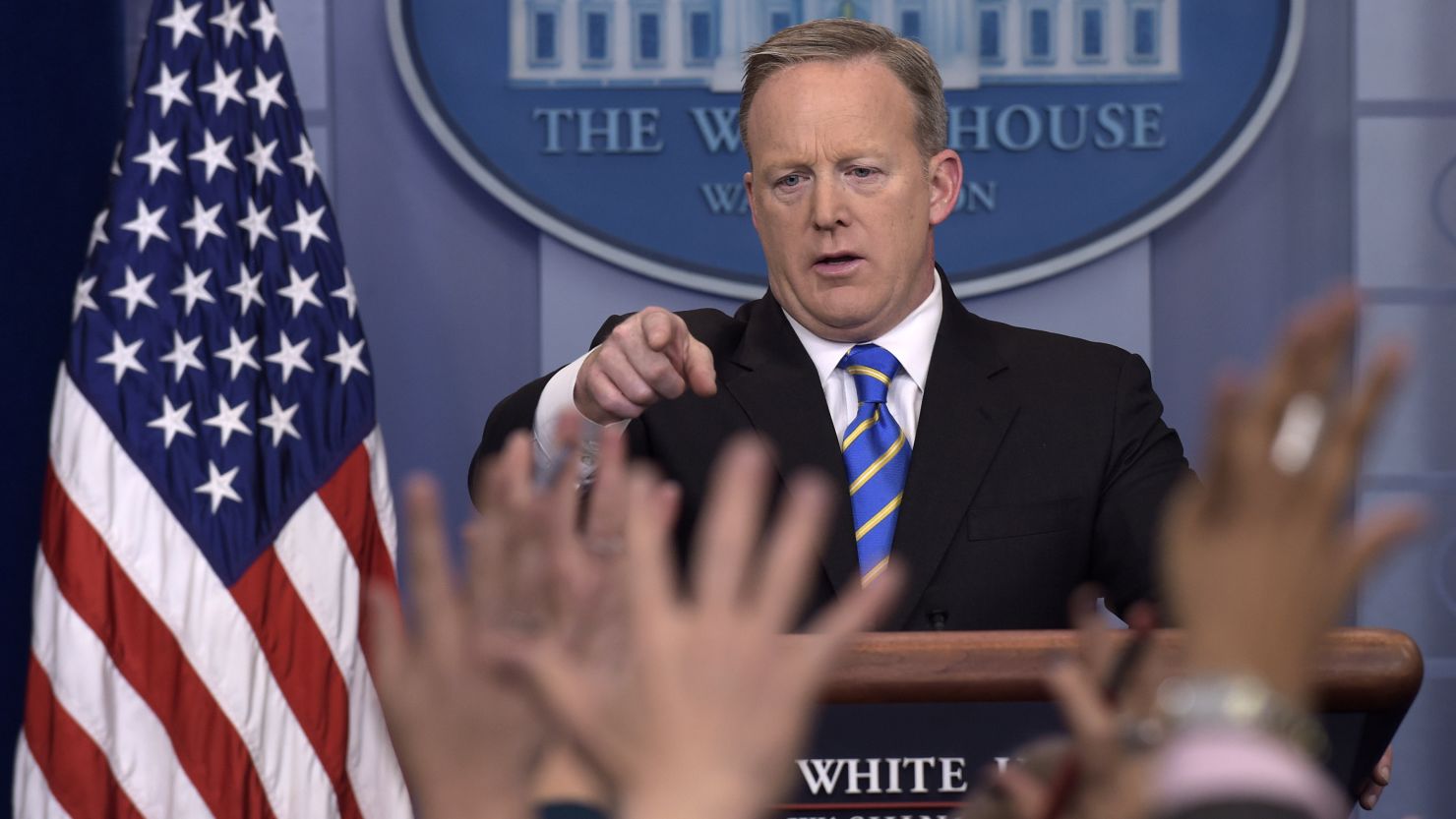Trump"s Radical Proposal Shakes Pharmaceutical Industry
In an unprecedented move, President Donald Trump has announced plans to impose a staggering 200% tariff on imported pharmaceuticals, a decision that could send shockwaves through an already fragile healthcare system. During a Cabinet meeting on July 8, 2025, Trump stated these tariffs would take effect in a year or so, giving pharmaceutical companies a grace period to adjust. However, the implications of such tariffs could be dire for American patients who rely on affordable access to essential medications.
Potential Consequences for Patients
According to Johns Hopkins University, tariffs on imported drugs could lead to an increase in prices for consumers, contradicting the administration"s purported goal of reducing prescription drug costs. Pharmaceutical companies, including giants like Eli Lilly and Johnson & Johnson, have already expressed concern that such high tariffs could deter investments in the U.S. and disrupt the drug supply chain. The warning is clear: patients may face higher out-of-pocket costs, restricted access to critical medications, and an overall decline in public health outcomes.

IU Indianapolis launches new partnership with Eli Lilly and ...
Historical Context of Tariffs in Healthcare
For decades, imported pharmaceuticals have entered the U.S. tariff-free, allowing for competitive pricing and broader access to essential drugs. Trump"s aggressive tariff strategy, which he claims will incentivize domestic manufacturing, raises questions about the feasibility of this approach. As reported by Forbes, many industry experts remain skeptical of the idea that tariffs will successfully stimulate domestic production without inflicting harm on consumers.
Impact on Innovation and Research
One of the most alarming aspects of Trump"s tariff threat is the potential impact on pharmaceutical research and innovation. Companies argue that tariffs could lead to reduced funding for research and development, a critical component of advancing medical science and discovering new treatments. The industry is already navigating the fallout from recent drug pricing policies that threaten their bottom lines. As stated by the Wall Street Journal, the current landscape is precarious, and an additional tariff burden could stifle innovation at a time when new, life-saving drugs are desperately needed.

Anti-Trump protestors rally against Project 2025
Political Ramifications and Public Health
Trump"s tariff proposals are not just an economic issue; they are a political maneuver that plays into a larger narrative about American sovereignty and national security. By framing the tariff discussion around national security, Trump is attempting to solidify his base while glossing over the real-world consequences for millions of Americans. The timing of this announcement, ahead of the upcoming election cycle, indicates a strategic play to rally support among those who prioritize economic nationalism over public health.
As the debate unfolds, it is imperative for advocates of civil rights and social justice to recognize the broader implications of these policies. Access to affordable medications is not just a healthcare issue; it is a matter of equity and justice. Communities of color and low-income populations already face disproportionate barriers to healthcare access, and these tariffs could exacerbate existing inequalities.
Conclusion on Tariffs and the Future of Healthcare
The looming threat of a 200% tariff on pharmaceuticals raises critical questions about the future of healthcare in America. As Trump prepares to unveil more details by the end of the month, it is crucial that stakeholders across the political spectrum engage in a robust dialogue about the potential fallout of this policy. The stakes could not be higher for patients, families, and the very fabric of our healthcare system.

White House press briefings short? Only compared to Obama | CNN Politics







![[Video] Gunfire between Iraqi security forces and Sadr militias in Baghdad](/_next/image?url=%2Fapi%2Fimage%2Fthumbnails%2Fthumbnail-1768343508874-4redb-thumbnail.jpg&w=3840&q=75)
